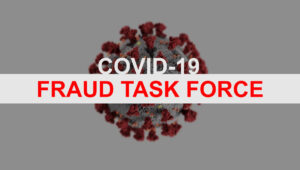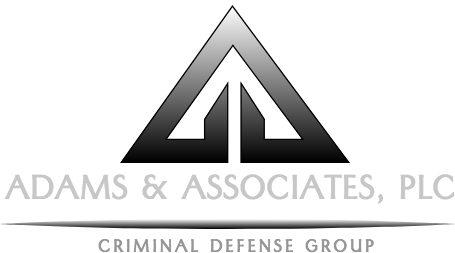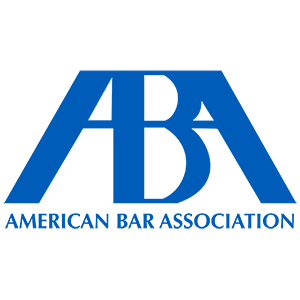Department of Justice and Local Law Enforcement Team up to Combat COVID Fraud
April 15, 2020

In a March 16, 2020, Memorandum to all U.S. Attorneys, Attorney General William Barr announced that DOJ will prioritize the investigation and prosecution of coronavirus-related fraud schemes. Attorney General Barr directed U.S. Attorneys to appoint a “Coronavirus Fraud Coordinator” in each district, responsible for coordinating enforcement and conducting public outreach and awareness. This Coordinator is to also establish a national system for whistleblowers to report suspected fraud. DOJ further affirmed in a public statement that it is “committed to pursuing” violations of the False Claim Act, “especially during this critical time as our nation responds to the outbreak of COVID-19.” The False Claims Act has been the principal tool for combating fraud since its enactment during the Civil War 1863 in response to unscrupulous suppliers defrauding the Union Army,
DOJ also announced that it created the COVID-19 Hoarding and Price Gouging Task Force. Attorney Barr noted, “we will aggressively pursue bad actors who amass critical supplies either far beyond what they could use, or for the purpose of profiteering. Scarce medical supplies need to be going to hospitals for immediate use in care, not to warehouses for later overcharging.”
Locally, a slew of agencies, including the United States’ Attorney’s Office, the Arizona Attorney General’s Office, the FBI, US Postal Service, and the Maricopa County Sherriff’s Office, have created a COVID-19 Task Force designed to prevent, and crackdown on COVID-19 related fraud. One focus is to educate the public about the type of schemes being complained about including:
· Scams designed to obtain personal information to “process” a stimulus check
· Fraudulent online offers for vaccinations and home test kits
· Robocalls related to low price health insurance and work at home schemes
· Fake emails from CDC and WHO
· Fake charities seeking donations.
To help keep Arizonans informed of the latest scams and to provide tips to consumers, the Attorney General’s Office recently launched a COVID-19 scam information page: www.AZAG.gov/COVID-19. DOJ has also created the National Center for Disaster Fraud Hotline: 1-800-720-5721.
Another focus of Arizona’s task force is to streamline the government’s response to reports of fraud related to COVID-19 in Arizona, by sharing resources and information. As Arizona’s Attorney General Mark Brnovich noted, “It’s not surprising con artists are taking advantage of headlines and exploiting COVID-19 concerns and anxieties of consumers. The Attorney General’s Office is here to serve Arizonans and is working around the clock to combat fraud, but we can’t do it alone. The launch of this new COVID-19 Task Force with our federal and local partners will maximize our resources and help ensure we are prepared to combat new and evolving consumer threats.”
The Coronavirus Aid, Relief, and Economic Security Act (CARES Act) have made available an initial $2.2 trillion worth of government funds to mitigate the economic effects of COVID-19. Former crisis situations, such as Hurricane Katrina, teach us that when the dust begins to settle, and probably sooner, government enforcement actors will aggressively search for fraud in the form of any misrepresentations made to the government to receive these funds, invoking the FCA, and seeking treble damages, fines, and criminal referrals where appropriate. Following the mortgage crisis, we saw an enormous number of criminal fraud cases filed in conjunction with false statements and omissions being made in bank loan documents. The same will likely be true with respect to those participating in the various government programs offered by the CARES ACT, such as the Paycheck Protection Program, for example. Participants need to be careful when filling out forms and ensuring that the information contained therein, and all supporting documents and forms are true and accurate. Seemingly straightforward representations and certifications can be surprisingly complicated.
Scammers and those who make misrepresentations to the government can face charges of mail fraud, wire fraud, telemarketing fraud, bank fraud, or civil fraud charges that are brought under the False Claims Act. During this most challenging time, Adams & Associates is here in order to answer any questions that you may have about enforcement and compliance matters, record keeping, and reporting requirements. We offer free 30-minute video consultations to anyone who might need our assistance.








